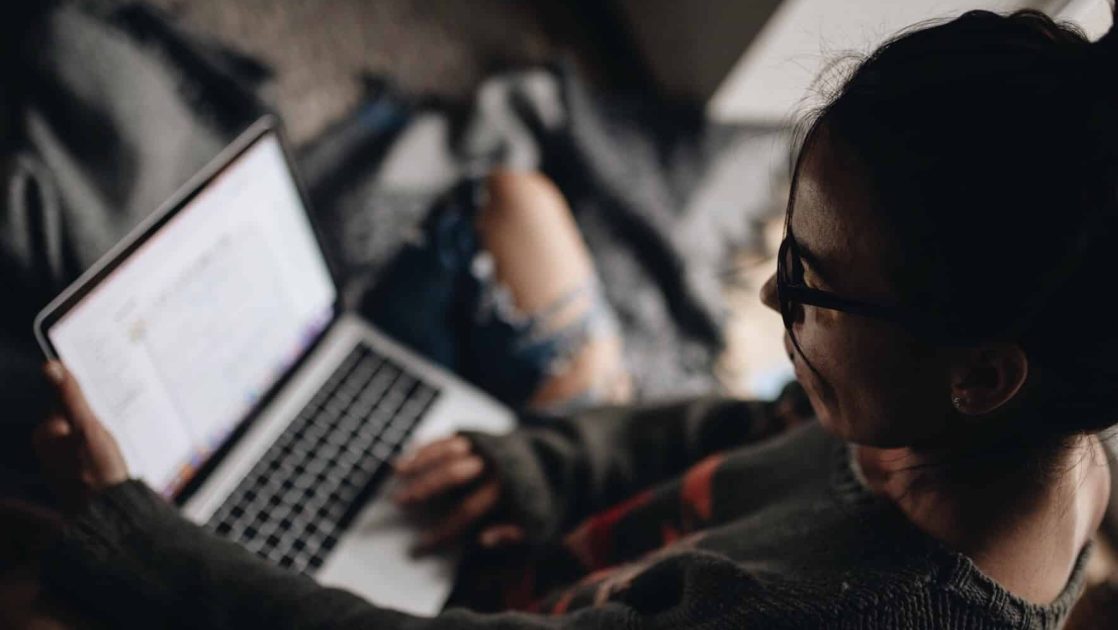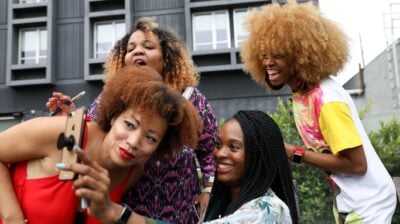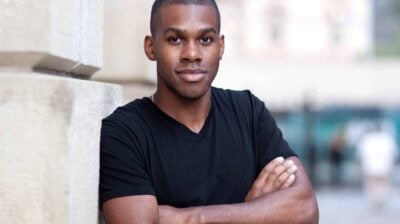How my culture has influenced my mental health
Sam talks about the impact Filipino culture has had on her mental health and wellbeing journey.

I grew up in the Philippines and moved to Ireland when I was six years old. I don’t remember a lot when I first moved here, but I instantly knew that there was a big cultural difference. I was a shy, timid girl, and my friends were all mainly Filipino. I found it hard to try and talk to anyone outside my ethnic background. My parents, like many other Asian Pacific parents, were religious and also very strict. I found it hard to fit in Western Culture. I wasn’t allowed to go to parties, sleepovers, hang out with boys, and I had to always be modest. From what I observed, Irish culture was more liberated.
Cultural differences
In my community, family is everything. We are family-oriented. Getting approval from my parents has impacted my mental health the most, as I always cared about what they thought and felt pressure to make them proud. I constantly depended on them for validation, as expectations for young Asian migrants are very high. We’re expected to excel and always be at the top of the class. I was taught that being successful was the most important achievement in life.
Coming up to the Leaving Cert, I started to think about the career route I wanted to take. I was very into writing, reading and had an interest in social media marketing. My parents, like many others, only want the best for their kids. Mine wanted me to have a career that’s financially safe and in demand. What I wanted for myself really clashed with what my parents wanted for me. They would always remind me of the hardship they went through, from growing up poor on a farm and having to work very hard to even get an education. I started getting anxious about the future. Every day I would think about not doing well in my Leaving Cert and how I would be failing my parents.
Talking about mental health in our community
I’ve only ever met a few Filipinos and Asians who have gotten help for their mental health. There is an ongoing narrative that Filipinos are resilient. Often, that word is used to downplay mental health difficulties. We don’t dwell, we simply move on. We don’t rely on anyone but ourselves. Sometimes my parents will try to undermine my issues and say that they went through worse when they were younger.
In the Filipino community, some people see struggling with their mental health as a sign of weakness and think that seeking help can bring shame to the family. A lot of Filipinos and Southeast Asians believe this, so they try to focus on getting through any mental health difficulties themselves. Many Filipino immigrants also find it difficult to trust Western mental health supports like therapy or counselling. A lot of Filipinos are religious, either Catholic or Christian, and they often seek support from their religious communities.
Support and resources for people from different cultures
I think there needs to be more conversations about mental health. We need to educate not only Filipino parents but also young people that mental health should be taken as seriously as physical health. I think young Filipinos should also be encouraged to talk to their parents about mental health, as it can help parents understand what they’re going through. Some young Filipinos can feel isolated if their family members don’t know about their problems.
I know a few friends from minority backgrounds who have had trouble connecting with an Irish counsellor, as they believed that the counsellor was not culturally sensitive and therefore not as helpful. So I think there should be more mental health resources and support for people from different cultures.
Finding ways to look after your mental health
When I needed help with my mental health, the first person I talked to was a religious advisor, as my parents felt like a religious advisor would give the best kind of advice. Although useful, I found that I couldn’t be too open and honest for fear of being judged. So I researched and found this great, affordable online counselling app. Online counselling was a positive experience for me because I was more comfortable being open and vulnerable with someone online than face-to-face.
My advice for anyone nervous about talking to a professional is to see if a friend or someone you trust can recommend a good professional counsellor. Knowing what kind of situation you’re more comfortable in is also helpful, whether that’s online counselling or face-to-face. While it might be challenging to trust anyone, it’s important to keep in mind that their job is to help you and that you can talk about anything you want.
Reaching out to someone you trust
It’s so important to look after your mental health and find the coping strategies that work for you. I found that different hobbies help take my mind off things and calm my anxiety. I love going to the gym and cycling. I also read self-help books that are motivating and relatable. Being around trusted friends who understand my culture helps me. Different things work for different people, but it’s important to take the time to find what works for you.
If you’re reading this and you find yourself relating to my situation, just remember that you are not alone. My advice for you is to find someone whom you trust that you can start talking to. It will help lift a bit of weight off your shoulders. It gets better. When I started having that difficult but necessary conversation with my parents, they began to understand how much pressure we have to deal with as young people and that their support is vital.
If we openly talk about mental health in the Filipino community, it can allow healing and allow us to improve our relationships with our parents and ourselves. It will certainly break the chain of self-reliance, which in turn will allow us to live a more positive, enriched life.
Feeling overwhelmed and want to talk to someone?
- Get anonymous support 24/7 with our text message support service
- Connect with a trained volunteer who will listen to you, and help you to move forward feeling better
- Whatsapp us now or free-text SPUNOUT to 50808 to begin.
- Find out more about our text message support service
If you are a customer of the 48 or An Post network or cannot get through using the ‘50808’ short code please text HELLO to 086 1800 280 (standard message rates may apply). Some smaller networks do not support short codes like ‘50808’.






